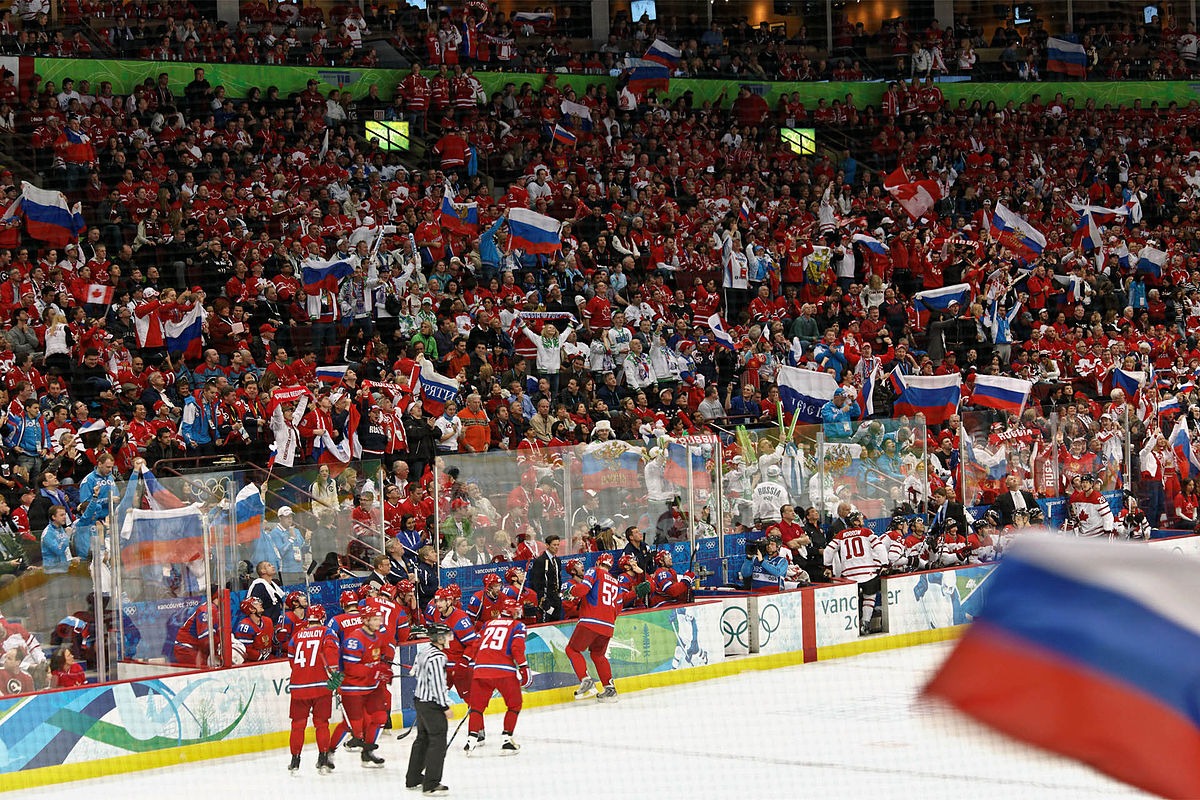Russia sacks head of sports anti-doping agency
Russia has dismissed the head of its national anti-doping agency, Rusada. The country’s Olympic committee accused him of presiding over serious financial violations, but Yuri Ganus argued that he was instead being removed because of his zero-tolerance approach to doping.
Ganus was appointed three years ago to help clean up Russian sport after a series of high-profile doping scandals. He took a hard-line approach, increasing spot-checks on athletes and refusing a request for a five-minute warning when inspectors were on their way.
He has been a frequent critic of Russian sports authorities and their record on anti-doping reforms. The agency has also assisted some major investigations into Russian athletes and sports officials during his tenure.
In terms of the overall goals and all, it’s a mistake
– Yuri Ganus
In comments to the Interfax news agency, Ganus denounced his dismissal. He said: “In my view, this is a wrong decision, so let them enjoy their mistakes. They wanted to make [this decision] and they made it. In terms of the overall goals and all, it’s a mistake.”
Stanislav Pozdnyakov, the president of the Russian Olympic Committee, told reporters that the decision to dismiss Ganus had been unanimous, after an audit was said to have demonstrated unusual spending patterns and conflicts of interest. He said: “We are certain that Rusada’s operations will remain independent.”
Rusada is currently appealing against a four-year ban
He added that Mikhail Bukhanov, a lawyer at Rusasa, would serve as the agency’s acting head until a new director is appointed in the next few months.
The World Anti-Doping Agency (WADA) said it was “extremely concerned” about the news of the firing, and said that it “reinforced the concerns” it recently expressed about Russia’s willingness to tackle doping.
It said that it was “critical” that anti-doping officials “remain safe from interference in their operational decisions and activities”.
The Institute of National Anti-Doping Organisations (iNADO) said there was “a clear conflict of interest when sport organisations have the power to remove the head of a national anti-doping agency unopposed”.
Three-time world champion high jumper Maria Lasitskene deplored the firing, saying that Ganus had attempted to resolve the crisis in Russian athletics. In an Instagram post, she wrote: “Once again it has become clear that Russian sport doesn’t need professionals but convenient people.”
Rusada is currently appealing against a four-year ban on Russian athletes competing at major international sporting events, including the Tokyo Olympics and the 2022 World Cup in Qatar, as a result of providing doctored laboratory data to Wada. It was penalised in November 2018, and Ganus confirmed at the time that “thousands” of entries had been altered or deleted. The case will be heard by the Court of Arbitration for Sport (CAS) in November, and proving the agency is fully independent would be a key condition for overturning the ban.
The appointment of Yuri Ganus was widely seen as a fresh start. It was a sign to the rest of the world that Russia was serious about dealing with doping and cleaning up its act. Installing a new director was a condition from Rusada’s reinstatement by WADA, and a hard-line leader indicated that the regime of doping and falsifying test results could at last be over.
It’s certainly true that Ganus is similarly worried about being killed
With Ganus’ firing, that is certainly no longer the case. Earlier this month, the whistle-blower who exposed the Russian doping scandal in the first place expressed fear for his life. Grigory Rodchenkov fled to the USA in 2015 and, in an interview with The Guardian, he openly discussed how “the Kremlin wants me dead”.
It’s certainly true that Ganus is similarly worried about being killed – in a recent tweet, he wrote about how much he loved life, and that he was in no way suicidal. It’s a clear safety measure, particularly after the sudden deaths of his two predecessors in 2016.
All eyes will now be on two events – the appointment of Ganus’ replacement, and the CAS decision later this year. The smart money says that the new head of Rusada will someone far more sympathetic to the regime than Ganus, and far more willing to turn a blind eye to accusations of cheating.
The Ganus sacking is significant because it gives us a sense of Russia’s intentions
The direction seems to be less towards reforming the Rusada regime than it does covering up the faults of the past. From that reason, it’s extremely likely that the CAS decision will not be in favour of Russia – that the nation won’t be allowed back into WADA because it hasn’t seriously addressed the allegations against it.
The Ganus sacking is significant because it gives us a sense of Russia’s intentions – if there’s no place for someone pushing actual systemic change, then there won’t be any.

Comments